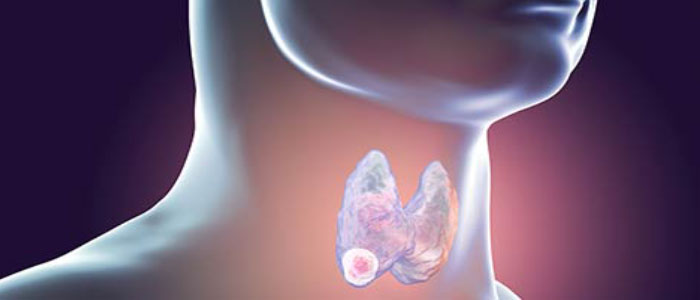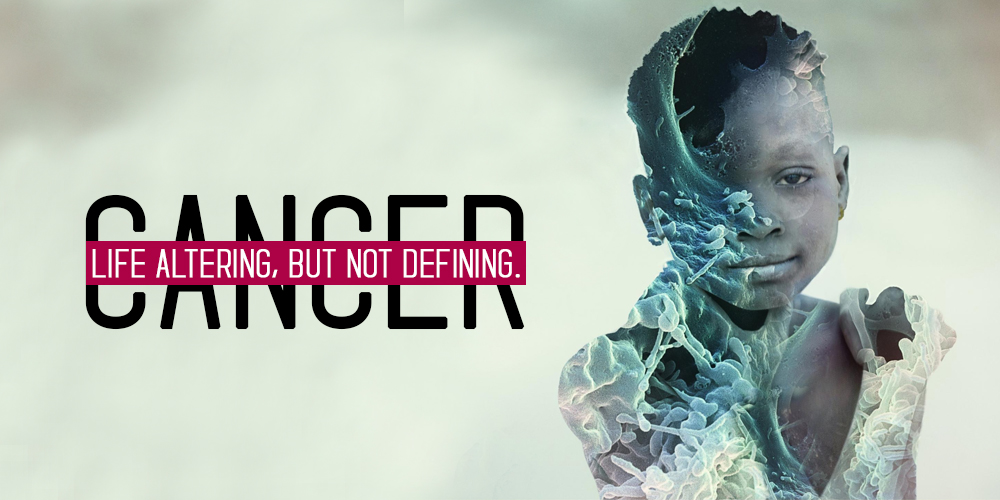Throat cancer refers to cancerous tumors that develop in your throat (pharynx), voice box (larynx) or tonsils. It is a type of cancer that commonly affects the larynx, or voice box, and the pharynx, the section of the throat behind the nose that leads to the lungs and stomach. Throat cancer is rare compared to other types. According to the National Cancer Institute (NCI), pharyngeal cancers occur in about 1 percent of adults in the U.S., and less than 0.5 percent of adults are likely to have cancer of the larynx. if you are effected with head and neck cancer you need to take treatment immediate Dr. CS. Ranjit Kumar MBBS, DNB (Gold Medal), DM (JIPMER) is best head and neck cancer treatment specialist in Hyderabad, India. Our experience doctors use latest technology for cancer treatment please call us now at 8098839979 for an appointment.

The survival rate depends on the stage of the cancer and the area affected. 60.7 percent of people with laryngeal cancer survive for longer than 5 years, compared to 64.5 percent of individuals with pharyngeal cancer.
Most common Symptoms for through cancer
- difficulty swallowing
- voice changes, especially hoarseness or not speaking clearly
- sore throat
- unexplained weight loss
- swelling of the eyes, jaw, throat, or neck
- bleeding in the mouth or nose
- a long-lasting cough
- coughing up blood
- a lump or sore that does not heal
- wheezing or breathing problems
- pain when swallowing
- ear pain
Causes and risk factors
- drinking too much alcohol
- using tobacco products, including smoking or chewing tobacco or taking snuff
- gastroesophageal reflux disease (GERD), a condition in which acid from the stomach leaks back into the food pipe
- Epstein-Barr virus (EBV), a common virus sometimes found in saliva
- human papillomavirus (HPV infection), a sexually transmitted virus
Throat cancer may also develop if someone has certain inherited syndromes, such as Fanconi anemia.
Treatment for Throat cancer
Treatment of throat cancer depends on where the cancer is, the stage of the cancer, and the general state of health of the person receiving treatment.
The most common treatments include:
Treatment of throat cancer depends on where the cancer is, the stage of the cancer, and the general state of health of the person receiving treatment.
- Surgery to remove the cancer: The tumour and affected tissue are cut out, or excised.
- Radiation therapy: Targeted doses of radiation aim to kill the cancer cells.
- Chemotherapy: Infusions of drugs target and kill cancer cells
- A combination of these treatments is sometimes used.


